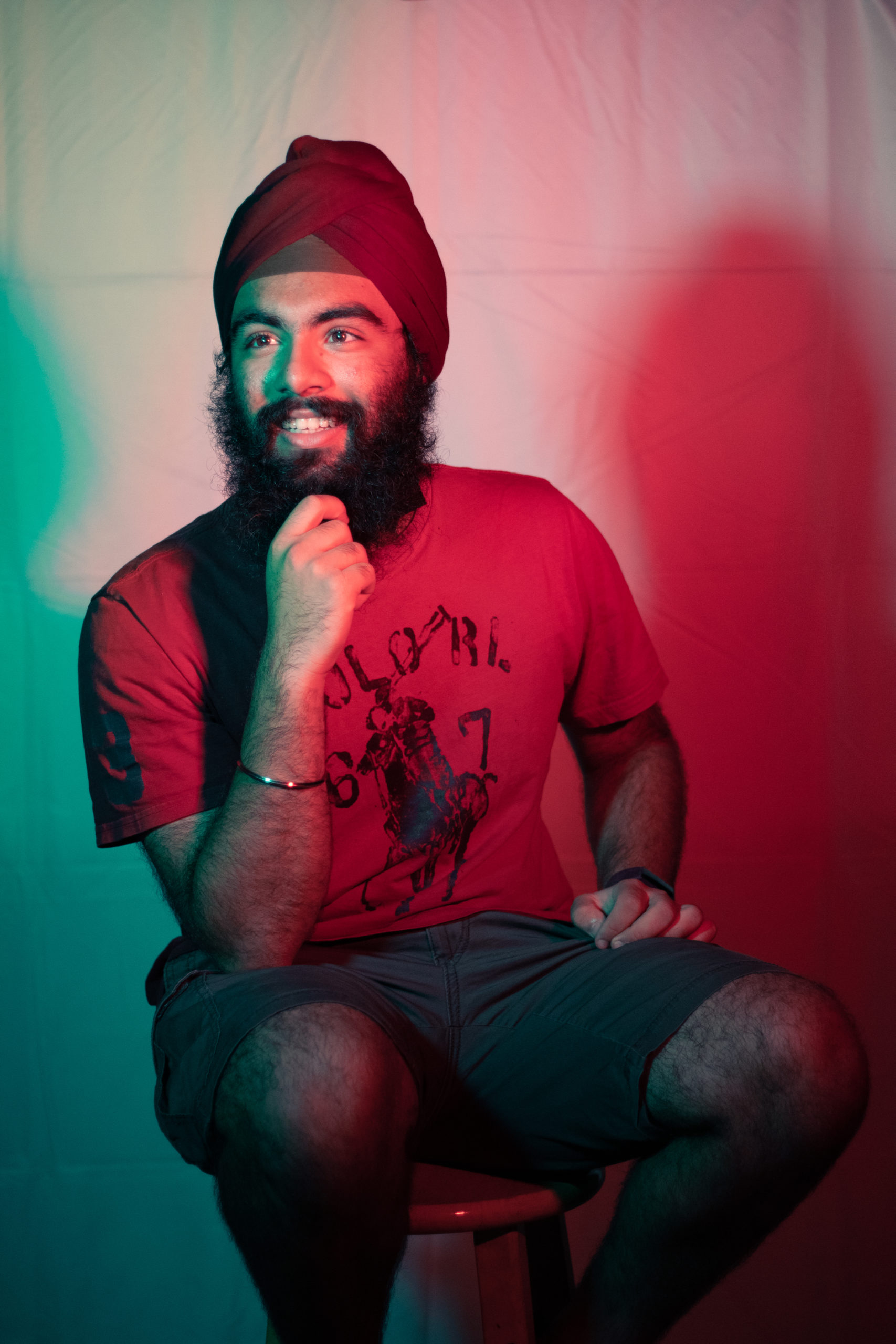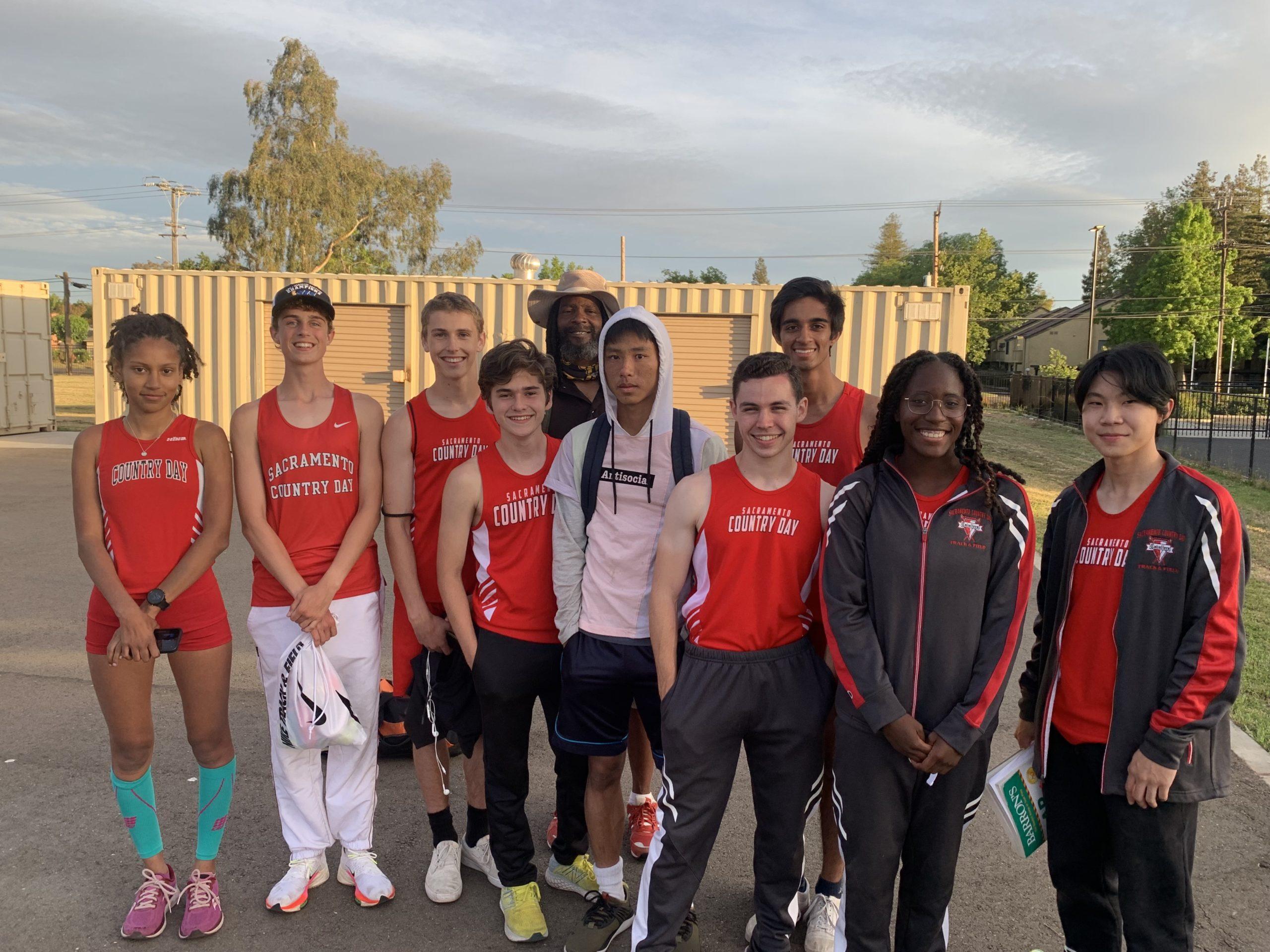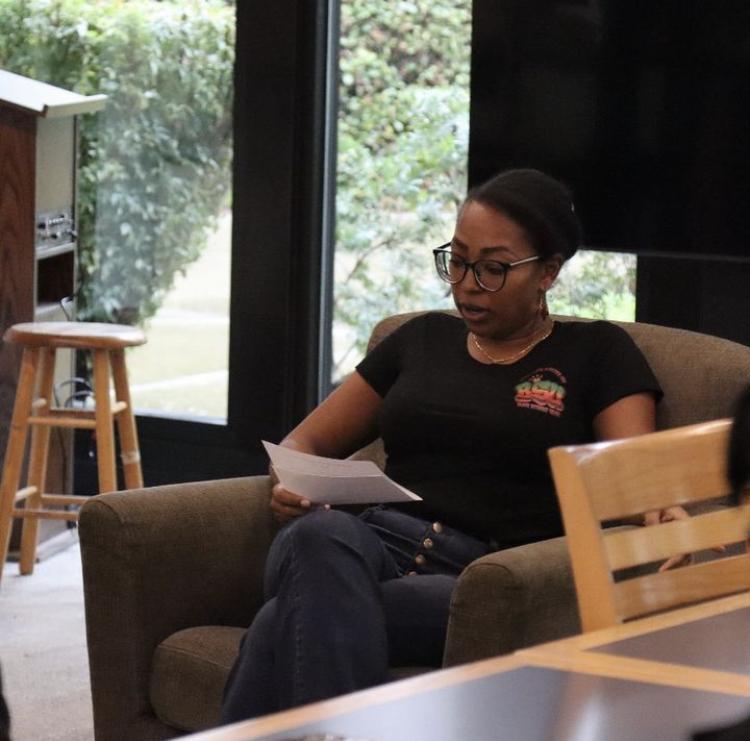FRESHMAN FOCUS: Carter Joost, ’21, learns Farsi at the University of California, Santa Cruz
Carter Joost, ’21 attends the University of California, Santa Cruz. He is majoring in global economics.
Q: How do you like UC Santa Cruz so far?
A: It has a very beautiful campus. It’s situated out in the woods. I’m considering starting an environmental studies minor for that reason just because it’s the perfect place for that. It’s situated right down by the bay here, and every morning when I wake up and look out my window, I can see coastal redwoods. It’s really nice.
Q: What do you dislike about it?
A: It’s not really one thing. There’s a large bureaucracy surrounding the school. I was supposed to be hired to work for their catering, but that never worked. They just stopped returning my calls. I’m technically hired by university catering, but I’m not allowed to show up for work. There’s just some little issues everywhere when you’re trying to do things.
Q: How has the pandemic affected you personally?
A: Well, this weekend, I only had about a grand total of 45 minutes of homework to deal with, which is nothing when you think about it. I wouldn’t say I’m getting cheated out of an education, but my classes really haven’t been much of anything at all. They’re very easy, and I’m not really learning anything. At the same time, I’ve had a lot more time just to pursue my own things. The library at Santa Cruz is absolutely fantastic. I get access to a lot of resources, and I’ve just been spending my time mostly reading. I guess that’s an upside of the pandemic, and I’m thinking about going back to Sacramento, just because it’s remote. There’s a lot of ways I’ve been affected, remote classes being the main way. Thankfully, I haven’t gotten sick yet.
Q: What safety precautions is the school taking?
A: It’s confusing. They like to jam us all into dorms, but they try to cancel classes. They’re trying to get people to sign up for times to move back and the dining halls are open, the library’s open which are all places where people will congregate and stay, but classes are closed. And the reason for that is that people don’t refund the housing policy because then the school would be in for a bit of a pinch. It’s just a confusing response to that in some ways. They try to restrict things, and in other ways try to open other things, and this varies week by week and department by department. It’s a little confusing. The emails that we get from the school are kind of funny to read, honestly. They are these long, cumbersome, behemoths of notifications. I don’t think anybody actually reads them all.
Q: Do you live on campus?
A: Yeah, I’m in a dorm. All the freshmen are required to be in dorms. Last quarter I got the same cold twice. There’s no avoiding disease around here. The dorms are where people get sick, but they have to keep them open.
Q: Which classes are you taking this year?
A: Well, it’s in a quarter system. Last quarter, I took Farsi I and precalculus. This quarter I’m taking Farsi II and econ one, which is for my major, and a class about Native Americans.
Q: You’re majoring in Economics?
A: Yeah. I’m majoring in global econ, which is basically just econ with a language.
Q: Why did you choose an econ major?
A: Well it just seemed more practical. I went in thinking that I wanted to work for the U.S. State Department, and I figured econ is just sort of the best way to get there. There’s a couple options you could take such as international relations, politics, etc. I figured with econ, you walk away with a hard skill, which is math based economic thinking, where other classes you don’t really get a marketable hard skill for yourself. The same thing goes for global econ. I’ll hopefully be fluent in Farsi by the time I graduate and that’s sort of why I went for that. I’m also considering minoring in environmental science, because I think that’ll also just give me some more technical skills that can make me more of a useful person, I guess.
Q: What’s the favorite class you have taken this year?
A: Farsi for sure. I like languages. I don’t speak any languages other than English, but I’ve always enjoyed language classes. Farsi is fascinating because they added an entire letter and sound to the language to make it harder for Arabic speakers to learn. I think that’s kind of a funny anecdote.
Q: Which class is your largest?
A: It’s probably my econ class, but it may have been my precalc class last last quarter.
Q: Which class is your smallest?
A: Farsi. Last quarter there were 26 people, and this quarter there’s only eight of us.
Q: What mistakes have you made so far this year?
A: I think my main mistake getting here was not reaching out to meet people. I just sort of showed up and eventually I did meet people, but I should have gone out and tried to find people in my classes or my major. The biggest mistake I made at Santa Cruz was allowing myself to get baited into a political conversation in my dorm. We’re really great friends now, but my neighbor Wes, a self-described leftist, decided to go around telling people I’m a Republican,which I’m not, but even if I was it shouldn’t have mattered. A bunch of people acted like I was from another planet for a while until it was clarified. It reflects poorly on the school. I think there’s a poor climate for political diversity. I got yelled at because my uncle, who was visiting, was a Republican. It’s not the school’s fault, but they don’t address the issues.
Q: How was the switch from Country Day to college?
A: I mean, it’s very different. I think some people would have been a little shocked. People here are pretty nice for the most part. People almost got into a fight with my neighbor, but that smoothed over. It’s just different, but most people are pretty friendly, which helps a lot with the transition. You just need to keep a level head about things and remember who you are and just not lose yourself in the insanity of “here’s a bunch of 18 year olds from around the state suddenly being pumped into a place with no parental supervision and access to a lot of things they wouldn’t have otherwise had.” By now a lot of people sort of come back down to earth. But just for the most part, I think the other transition was just being able to just deal with people who were perhaps not making the best decisions.
Q: How do you think this amount of freedom affects people?
A: Well, I think some people just see the level of freedom and the fact that they have to make their own decisions, and some people just inevitably make really dumb choices. It’s important to keep a hold of yourself. Do what you think is best for your own happiness and your own health and your own future.
One thing that’s true about Santa Cruz that I don’t think is true for a lot of schools is that part of its educational design is to try and encourage people to pursue their own interests, and public schools in general will not really handhold you through their curriculum, they’re going to expect you to seek out opportunities on your own. You show up and you have large chunks of free time. You’re expected to fill that, in a large part, academically or by going out and finding a job or internships, which is what I’m doing this quarter. A lot of people just see all their free time, and they just go and drink.
If I was told I was speaking to future people coming to college, the main thing is to just remind yourself that you’re paying a lot of money, not to have the opportunity to drink all the time, which you could just do at home, but to have access to the wonderful library at your university and the amazing professors and teachers that you have here and all the other resources that can help you get an excellent education.
Q: What advice would you give to the class of 2022?
A: Try to figure out what you want to get out of college. Before I got here, I didn’t really think about that. I thought: “Oh, well, I want to get my degree, I want to get an education,” but you have to be very specific about it or otherwise you’ll wind up wasting your time. My initial reaction was to go and sign up for a bunch of clubs and get involved in as many things as I could, because that’s sort of what I tried to do in high school for college apps. But you just don’t have to do that. You need to figure out what you want to do. Really ask yourself how you want to see yourself when you graduate in four years. Those are the things that you have to seek out. You just have to figure out what you want to be and there will be resources on a college campus to help you get there, for better or for worse.
[letsreview]
— By Ryan Xu



